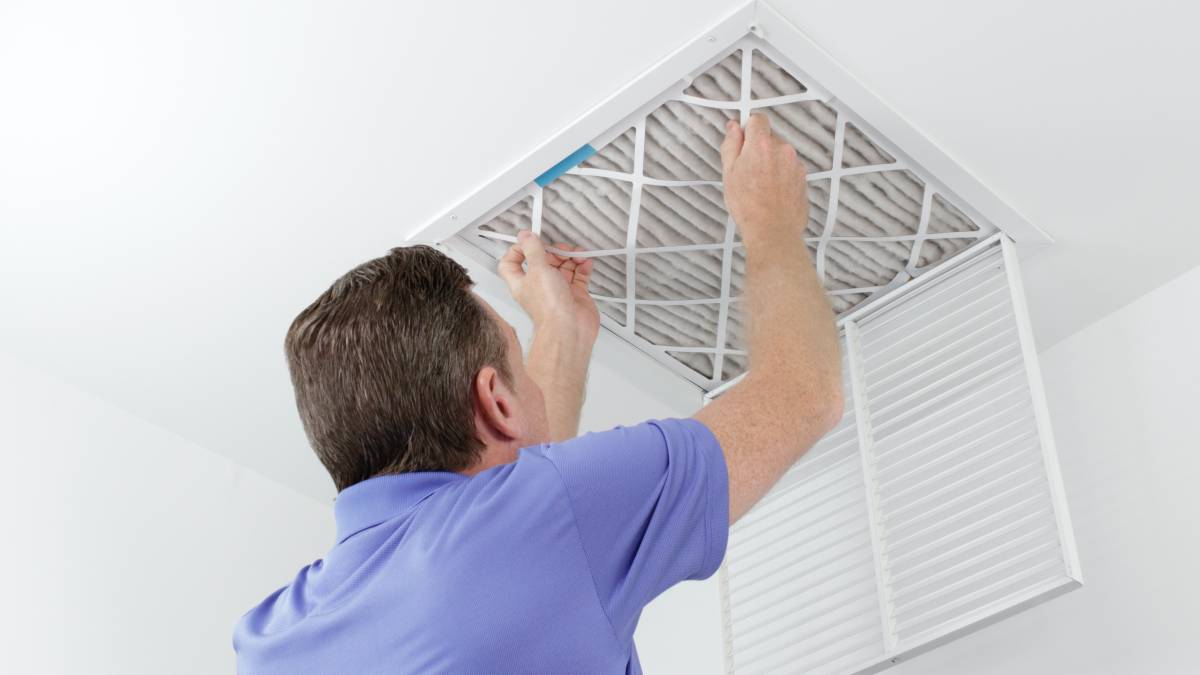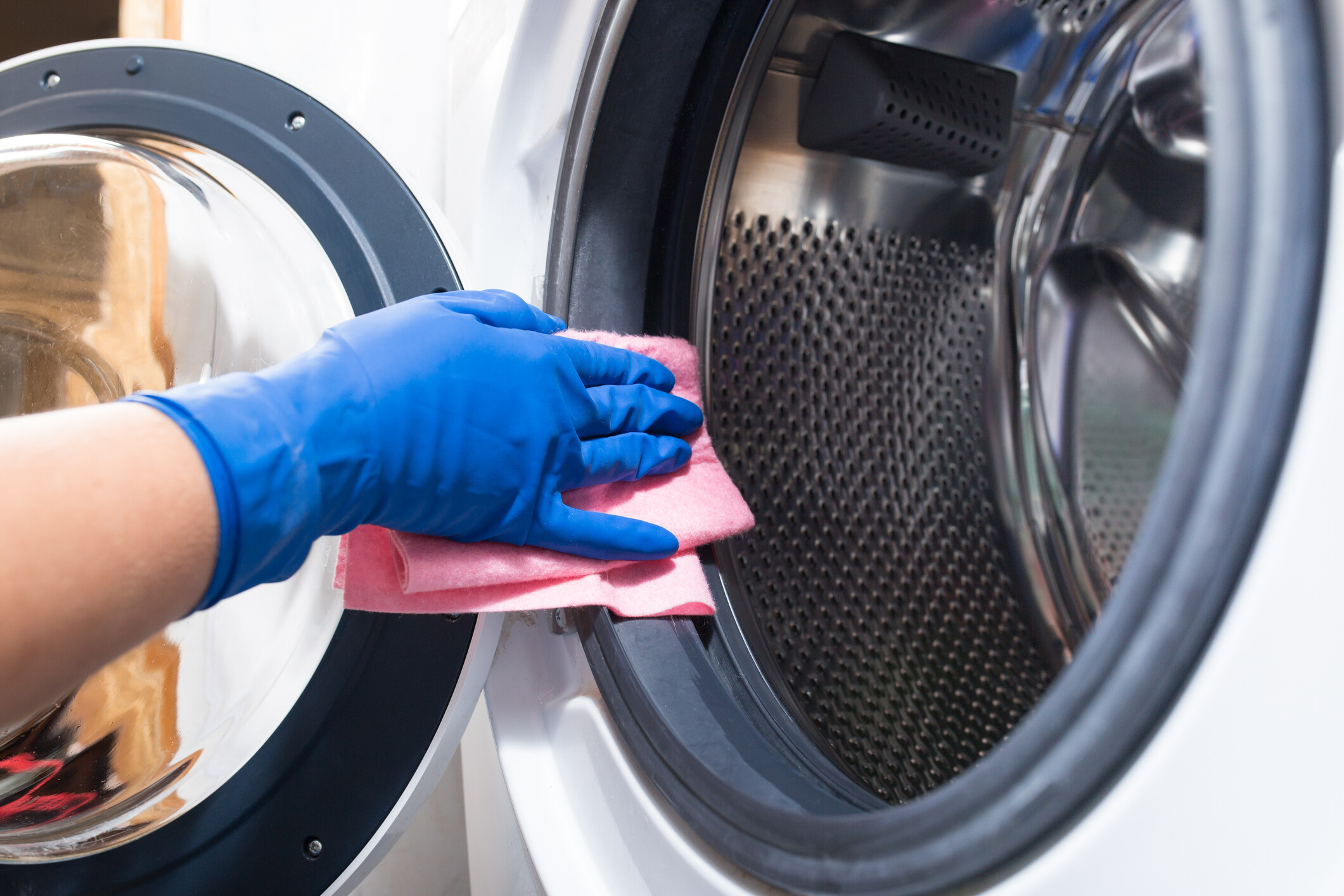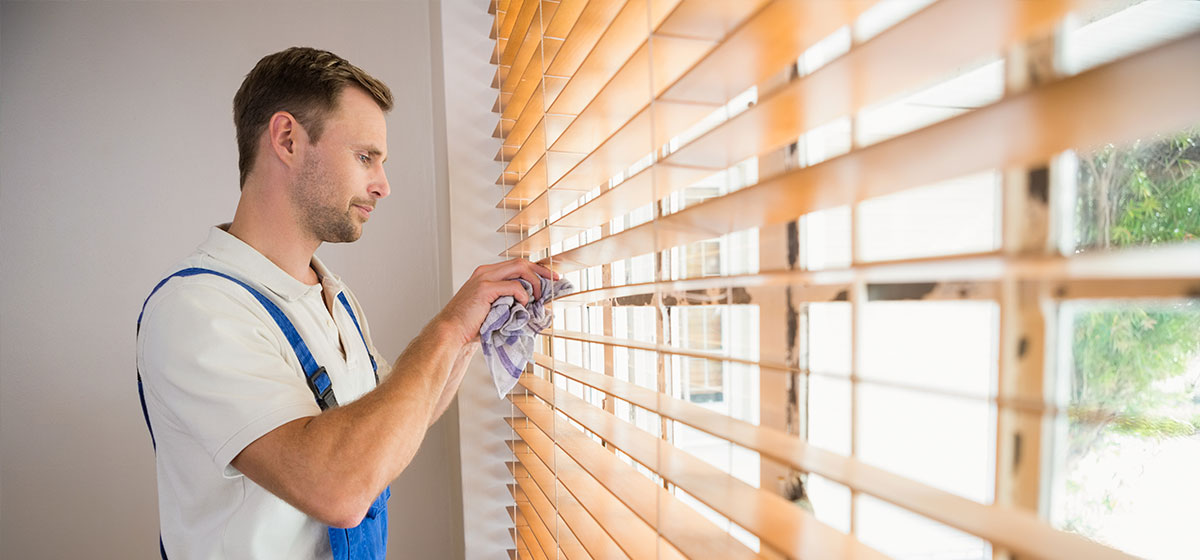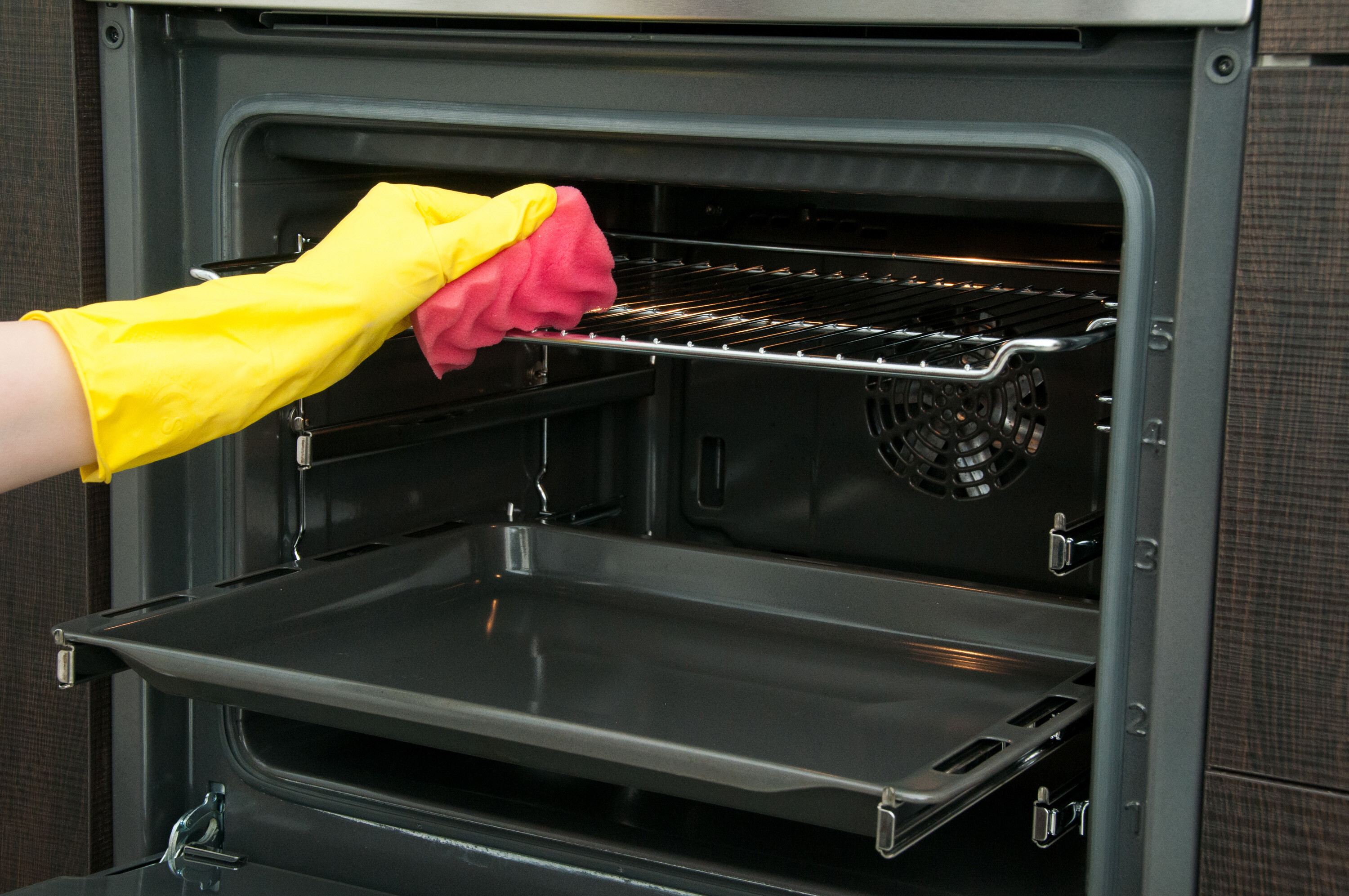- Home/
- Costs/
- Mould Removal/
- Mould Removal Cost Guide

How much does Mould Removal cost?
Get a free quote nowPost to find a price. It's free and only takes a minute.
Average prices
€50 - €350
low
€50
median
€180
high
€350
Last Updated on
Having mould in your home is a common occurrence. Exposure to mould can cause a variety of health effects or none at all. For the sake of your health, it’s best to remove the mould in your home. Exposure to mould increases the risk of health problems such as asthma and allergies. You can remove mould yourself, but the task can be exhausting, so sometimes it’s best if you hire a professional to do the job.
Typically, it costs anywhere from $20-$30 for an hour to remove mould and mildew. For an entire home filled with mould, it can cost anywhere from $500 - $4,000 to remove the mould and mildew. The price varies on the type of mould that is in your home, the size of the infected area and the difficulty of accessing the mould.
If your home or workplace is infected with mould, read below to find out how much mould and mildew removal can cost you, based on your location and the type in your building. By the time you’ve finished reading, you’ll be one step closer to keeping you and your family or workplace safe.
Do I need to remove mould from my building?
Mould comes in many different forms. From the slimy bits on your shower curtain to hidden mould in your air ducts, there are so many alternate forms of the fungus that can play a serious role in your health and the price you pay to have it removed.
The variations of mildew can have different effects on your health. Some small mould does nothing, but mould can often lead to sensitivities such as chest and nasal congestion, coughing and a sore throat. These are often attributed to a common cold but are actually produced by the mildew in your home. There are also severe and chronic conditions that can be caused by mould and mildew, such as pulmonary fibrosis and some cancers.
Mould can grow anywhere that is subject to moisture and warmth; it’s not always found just in your bathroom or kitchen. There are many places where mould can be found in your home, such as in your:
Shower or bathtub
Sink and toilet
Fridge and pantry
Microwave and stove
Mattress
Windows and window sills
Air conditioning and heating vents
Couch and curtains
Indoor plants
Fireplace and chimney
Insulation
If you find yourself coughing and wheezing when you’re at home, you may be at risk of future chronic health problems. Every home and building has mould, no matter how clean you have it. Of course, you can always remove mould yourself. However, there are hidden places where mould can be found that only professionals should be tasked with.
What are some questions about mould removal?
When it comes to hiring a professional mould remediation, there are some imperative questions you should ask before they get started:
Are they a licensed mould remediation contractor?
Are they certified to remove mould?
Are they insured?
Do they provide written estimates?
Where do they put the waste?
What products do you use?
Before you hire the mould and mildew remover, be sure to find out if they’re a specialised remover, as they have the necessary training and expertise to remove the fungi from your home or workplace. It also guarantees that they are trained in removing and identifying any health risks.
Mould removal prices for different types of services
Mould removal service |
Price Guide |
Mould removal service |
Price Guide |
Small spaces |
$50 - $100 |
Mould inspection |
$150 - $350 |
Kitchens/bathrooms |
$50 - $4,000 |
Air sampling |
$250 - $300 |
Crawlspaces |
$500 - $4,000 |
Half the house |
$350 - $3,000 |
Entire house |
$500 - $6,000 |
Carpet cleaning (per hour) |
$35 |
Once again, depending on the size and type of mould that is present in the property, it can cost anywhere from $50 to $6,000 to remove the mould. On average, it costs $300 per room to remove the mould.
What factors affect the price of mould removal services?
Mould removal can be a long-winded process. There are many factors that can affect the pricing of the mould and mildew you wish to remove from your building. Some of which include the following:
Size of the mould that is present
The location of the fungus
The type of mould or mildew
Air sampling
Mould inspection
Mould prevention
Mould fogging
Other types of services that mould removers can do
Once the specialist removalist has rid your building materials of mould, there are many other tasks that they can do for you. Some of which include:
Flooding
Mould prevention
Air conditioning cleaning
Mould inspections and reports
Structure drying
If your home has been flooded, you can get your entire home dried. This is ideal for homes that are carpeted and are susceptible to mould. Structure drying helps with mould prevention and prevents any further damage being done to your household items. The prices vary for structure drying, depending on the size of the flooded area and the level of damage.
Typically, structure drying costs $1000. This price varies, depending on the size of the flooded area and the level of damage created by the water.
These services depend on the type of mould remover that you hire but keep a lookout for the types of services your removalist offers, so you can take full advantage of their packages or deals!
Mould inspection price for different types of services
Sometimes you can’t see mould, but you can feel it. When this situation occurs, it’s best to hire a professional to inspect your property to determine where the mould is, and the level of damage it’s caused. Mould removalists tend to get discounts for mould and mildew analysis, but there may be extra costs depending on the tie frame you wish to determine. Here are some prices based on the inspection service:
Mould Inspection Service |
Price Guide |
Full environmental inspection |
$ |
Air samples |
$ |
One area spot check |
$ |
There are specific mould issues that can determine the type of inspection you require. If you’re not sure what inspection you require, take a look at the following checklist:
Air samples (No visible mould)
Closed circulation office building
Post-remediation clearance
One area spot check (Visible mould)
Attic mould
Crawlspace
Mould on external walls
Windows
Previously flooded areas
Full environmental inspection (Mould inspections)
Health concerns of occupants
Real estate transactions
Grow op clearances
Legal action
Areas with public access or employees
Musty odours
Types of Mould
There are over 100,000 different types of mould. Not all types of mould are threatening, but there are a few that can cause reason for concern if found in your home The following types of concern-causing mould are:
Aspergillus
Common mould found in Australian households. There are over 185 different species, appearing in many different colours with long flask-shaped spores that form in thick layers.
Cladosporium
Grows in both warm and cold conditions. Often found thriving in indoor materials such as fabrics, upholsteries and carpetsStachybotrys (Black mould)
Toxigenic type of mould that can cause allergic reactions. Thrives in damp, wet areas with high humidity levels. Typically grows on cellulose material such as woods, cupboard, paper, hay or wicker.
Acremonium
Toxigenic type of mould that evolves in its appearance over time. Typically grows in humidifiers, cooling coils, drain pans and window sealants.
Alternaria
This is the most common form of allergenic mould. It typically grows wherever dampness occurs, such as showers, bathtubs and underneath linky sinks.
Average mould removal prices based on Australian state or territory
Mould removal prices vary depending on your location in Australia. Typically, larger populated cities have cheaper rates for mould removal, but it, again, depends on the amount of mould in the building and the type of mildew or spore that have been found. The rates are listed below:
State / Territory |
Average price |
State / Territory |
Average price |
VIC |
$31 |
QLD |
$30 |
NSW |
$30 |
SA |
$35 |
ACT |
$37.50 |
TAS |
$25 |
WA |
$30 |
NT |
$ |
These rates are based on an hourly basis, which won’t suit or apply to some specialists. It’s important to have these figures on hand just in case, but every mildew removalist has their own rates and regulations that they like to work with. Most removalists will add fees with the following inclusions:
Travel expenses
Mould disposal
Mould testing / analysing
Location of Mould
Average hourly rate for cleaners and mould removalists in Australia
Depending on whether the mould removalist you hire is professionally trained or not, the hourly rate can vary. Fair Work Australia has set the Cleaning Service Award Pay Guide for cleaners at the following rates:
Hourly Pay Rate |
Hourly Public Holiday Pay Rate |
|
Level 1 award |
$23.24 |
$53.56 |
Level 2 award |
$24.05 |
$55.41 |
Level 3 award |
$25.35 |
$58.41 |
Getting ready to hire a mould removalist
So, you need to clear your building of mould? Let’s get started! Here are the things you’ll need to prepare for your listing. Explain your task, post your listing, review your offers, select the right person and they’ll get your building safe!
Here are some things to include in your listing:
Location
Time
Budget
Whether you have had previous mould testing
Size of the property
The more information you include in this listing, the better your outcome will be. It makes it much easier for the removalist when they come to help you out. It’s also a good idea to have everything listed down, so they can refer to it later if they need to.
Find mould removal services, fast
Post a task
FAQs about mould removal
Related price guides

How much does a Tile Cleaner cost?
Read more

How much does oven cleaning cost?
Read more
More cleaning guides
Let's do this!
It's free and takes only a minute.






